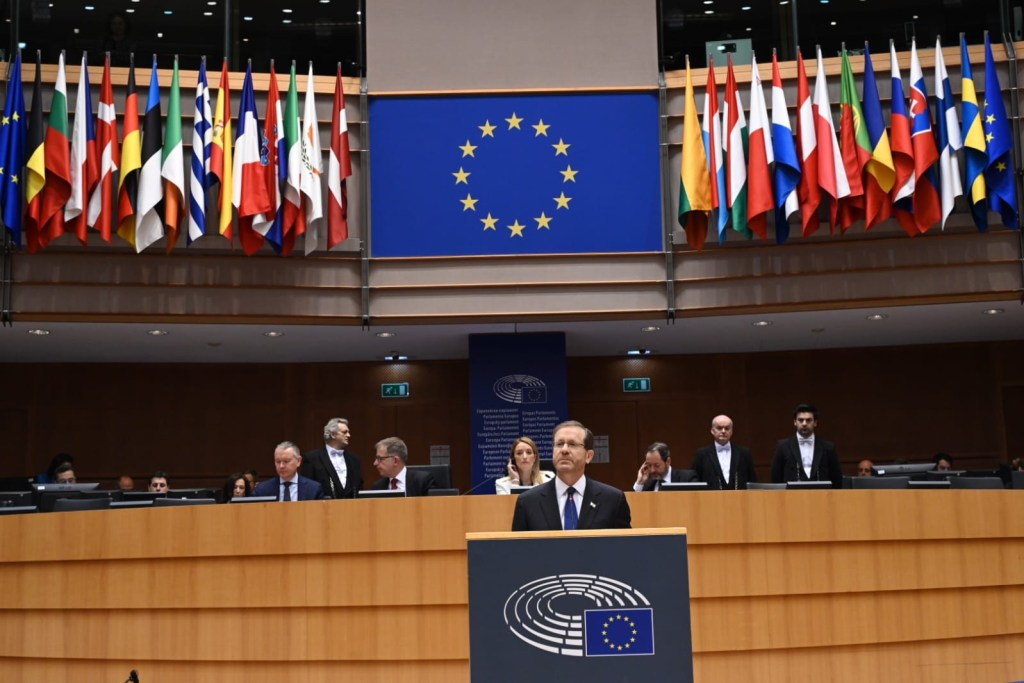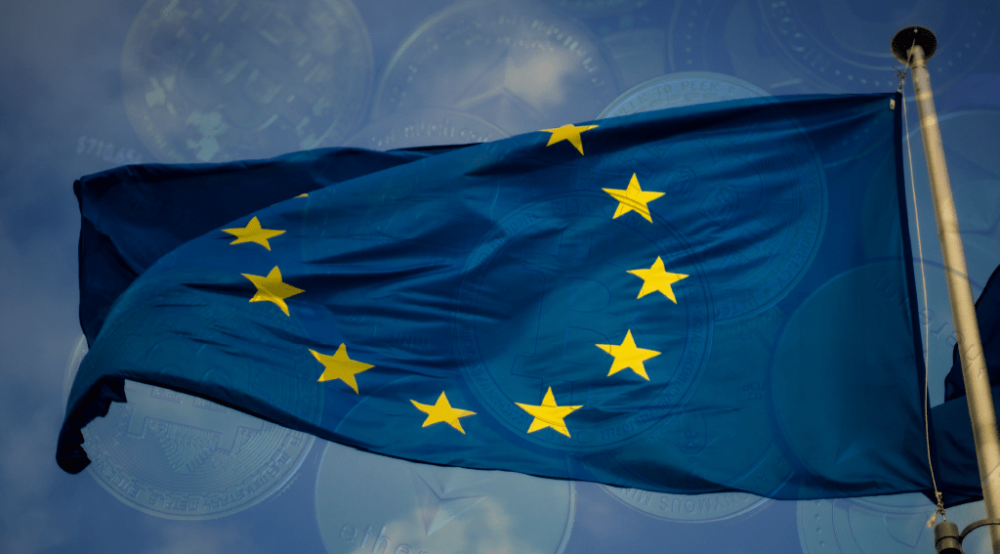In recent developments regarding cryptocurrency regulations, the landmark agreement that will introduce a crypto licensing regime for the MiCA bill is expected to be approved. The decision to be made in April will be critical…
The final date for the crypto money law from the EU has arrived
The European Union’s Regulation on Cryptocurrency Markets, known as MiCA, will be the subject of discussions in the European Parliament on April 18. Information posted on the parliament’s website heralds the final formal agreement of landmark law that will introduce a global crypto licensing regime.
The political outlines of the law were set last June, but there were numerous delays in definitively agreeing on a legal text that needed to be translated into the EU’s 24 official languages. Under normal Parliamentary procedures, the final vote on MiCA will take place the next day, April 19.

The MiCA debate will be followed by discussions about another law, known as the fund transfer regulation, which arguably requires crypto exchanges to authenticate customers, and was also passed provisionally in June.
Members of Parliament’s Economic and Monetary Affairs Committee voted 28 to 1 in favor of the MiCA law in October, and national diplomats endorsed the plan. Focusing on cryptocurrency companies and exchanges, the law proposes crypto-friendly but stricter regulations.
What will the MiCA law bring?
The legislation gives crypto companies such as wallets and exchanges a license to operate across the market in exchange for meeting governance and consumer protection norms. It also imposes reserve requirements for stablecoins. If approved, it will be published in the official journal of the EU and enter into force one to three years later.
The final vote on MiCA, scheduled for April 19, comes as the market is in warm contact with regulators. cryptocoin.comYou can take a look at the latest developments we have conveyed on this page.
New York sues KuCoin, expands cryptocurrency crackdown https://t.co/SuAPukdeiL pic.twitter.com/5qcHtsyHph
— Reuters (@Reuters) March 10, 2023
MiCA is a draft law prepared by the European Union (EU) Commission in 2020 that aims to regulate the crypto asset markets in the EU. It contains regulations for all crypto exchanges in the EU. In this context, licensing and auditing requirements of exchanges are introduced, and token producers are given token authorization on the condition that they comply with certain standards.
While MiCA aims to impose tighter control on crypto companies in general, South Korea plans to support Initial Exchange offerings of altcoins.
South Korea considers 17 laws related to cryptocurrency regulations
cryptocoin.com As we have reported, at the ‘DCON 2023: Digital Asset Conference for Healthy Market Creation’ in Seoul, topics about the definition of cryptocurrencies and IEOs are discussed. You can take a look at the opinions of the experts who attended the conference in this article.







